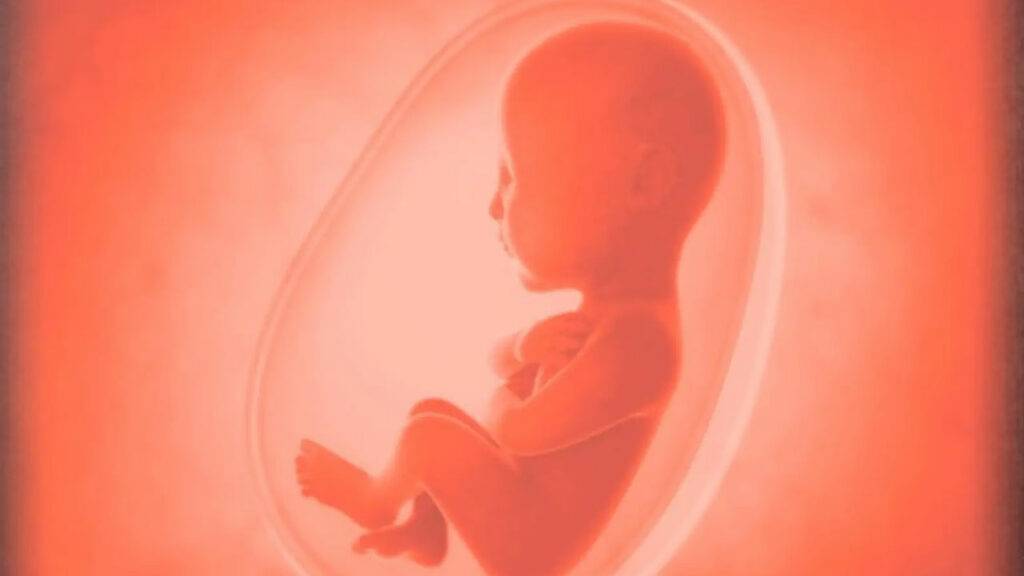12-Year-Old Girl Pregnant Kerala: In a distressing incident unfolding in Kochi, the Kerala High Court has rejected a plea seeking the abortion of a 12-year-old girl allegedly impregnated through an incestuous relationship with her minor brother. The court’s decision, while legally grounded, has sparked public concern and discussions about the ethical dimensions of the case.

12-Year-Old Girl Pregnant Kerala
The Kerala High Court’s ruling hinged on the advanced stage of the pregnancy, with the fetus having reached 34 weeks of gestation. Citing practical impossibility, the court stated, “The fetus has already reached 34 weeks of gestation and is now fully developed, preparing for its life outside the womb. Termination of pregnancy at this point is not tenable, if not impossible; and, therefore, the child will have to be allowed to be born,” as reported by Live Law.
Justice Devan Ramachandran, recognizing the sensitivity of the situation, directed the minor girl to be placed in the custody and care of her parents. The court further issued strict directives to ensure the safety of the victim, explicitly prohibiting any contact with her minor brother against whom allegations were made. The court stated, “To ensure that the applicable provisions of the law are not violated, petitioners 1 and 2 are hereby peremptorily directed to ensure that the 3rd petitioner’s brother is not allowed anywhere near her or to have access to her in any manner whatsoever. This shall also be ensured by the competent Authorities.”
Kerala High Court Denies Abortion of Minor Girl
The court’s decision has triggered a public outcry, with debates emerging on the ethical and legal dimensions of the case. Some argue that denying abortion rights to the underage victim exacerbates an already traumatic situation. Legal experts are divided, with some supporting the decision based on the advanced stage of pregnancy, while others prioritize the psychological and physical well-being of the minor.
As news of the Kerala High Court’s decision spreads, various organizations and individuals are expressing concerns and opinions on social media. The case has reignited discussions about the need for comprehensive laws and support systems to address such sensitive issues involving minors. The decision’s long-term implications on the minor girl’s life and the broader legal landscape remain uncertain.
Amidst this disturbing case, the Kerala High Court’s ruling prompts society to reflect on the intersection of legal, ethical, and humanitarian considerations. It raises important questions about our collective responsibility to protect the most vulnerable members, emphasizing the necessity for ongoing dialogue and potential reforms to prevent similar cases in the future.


